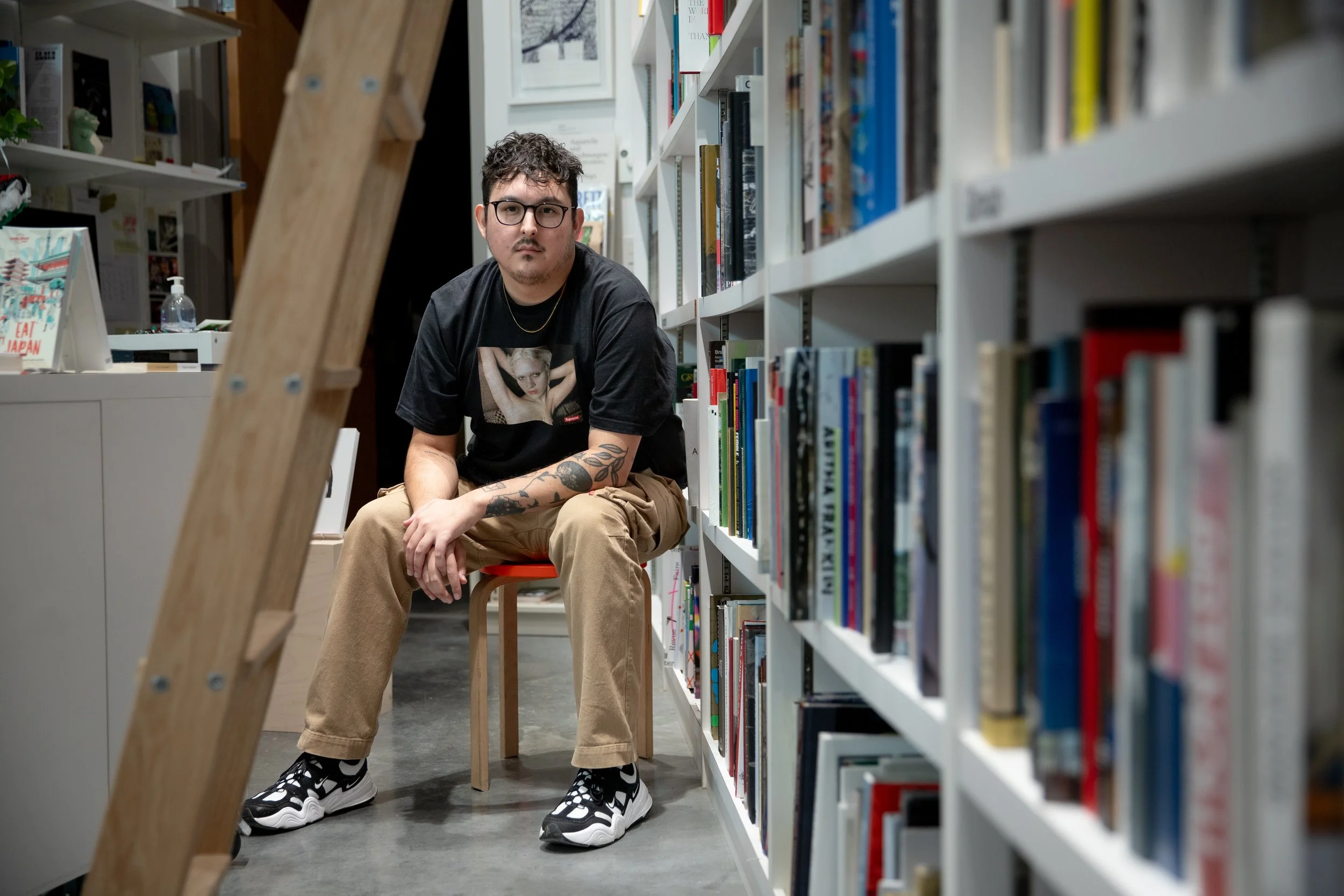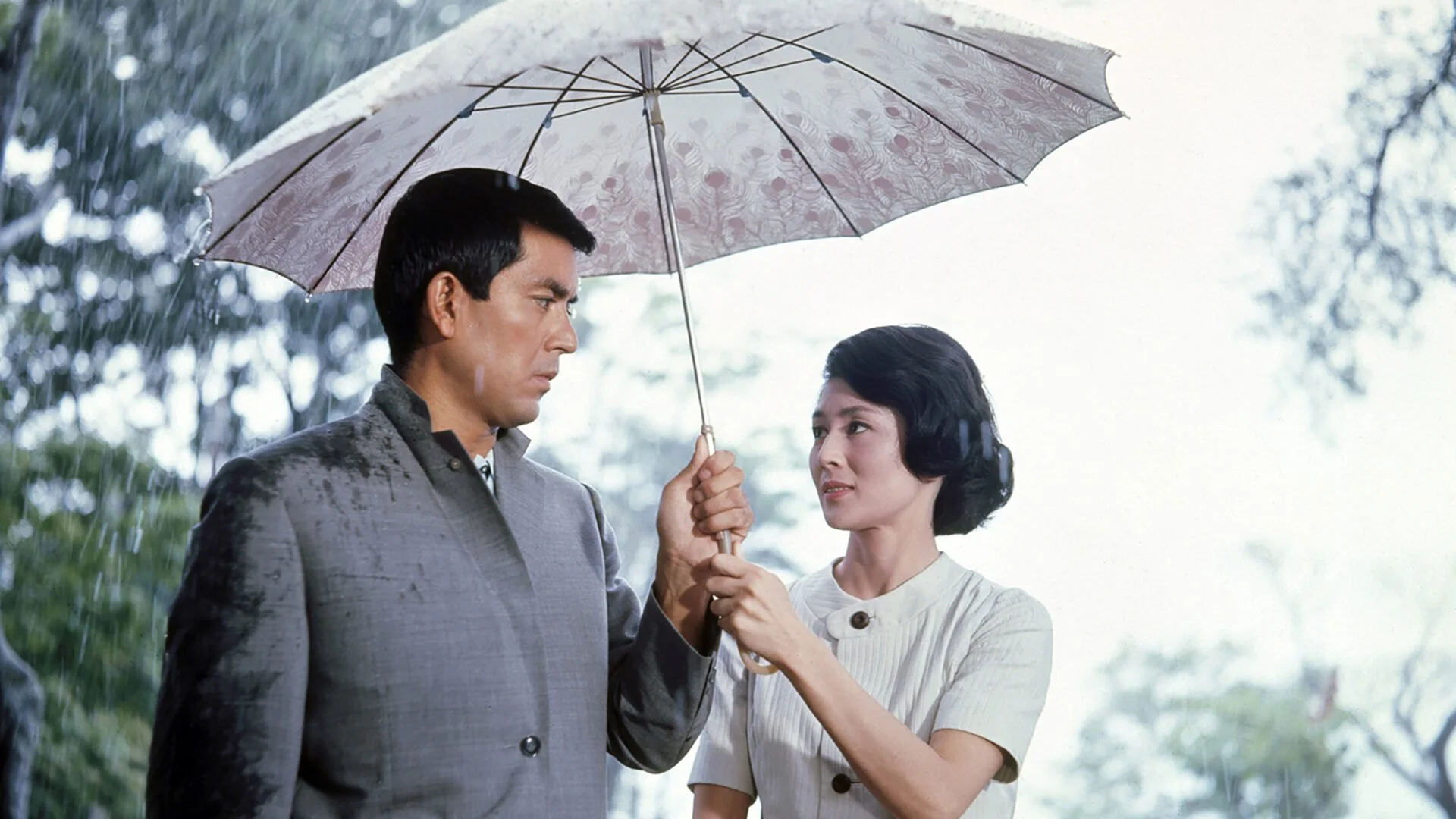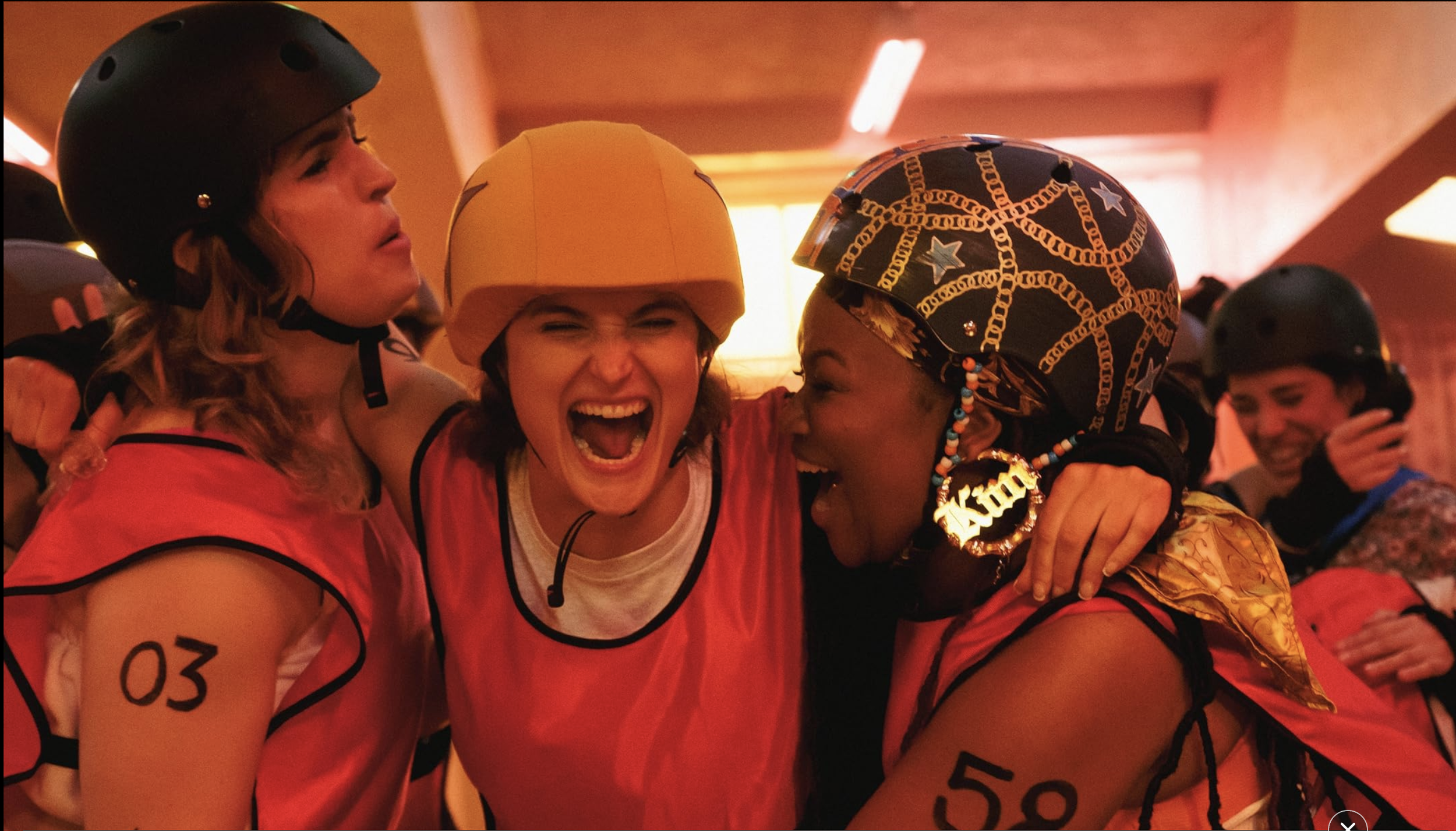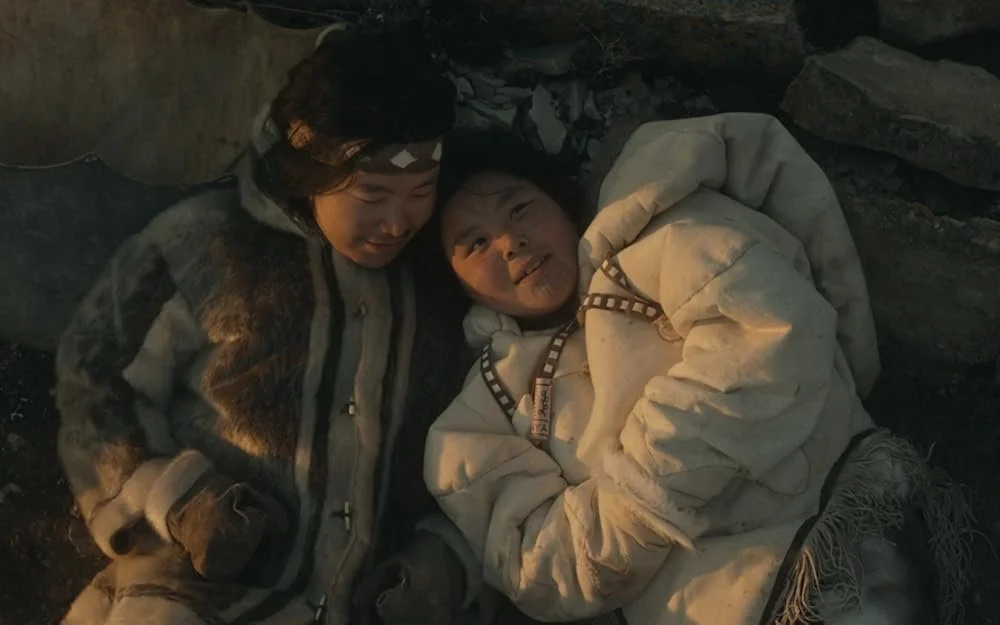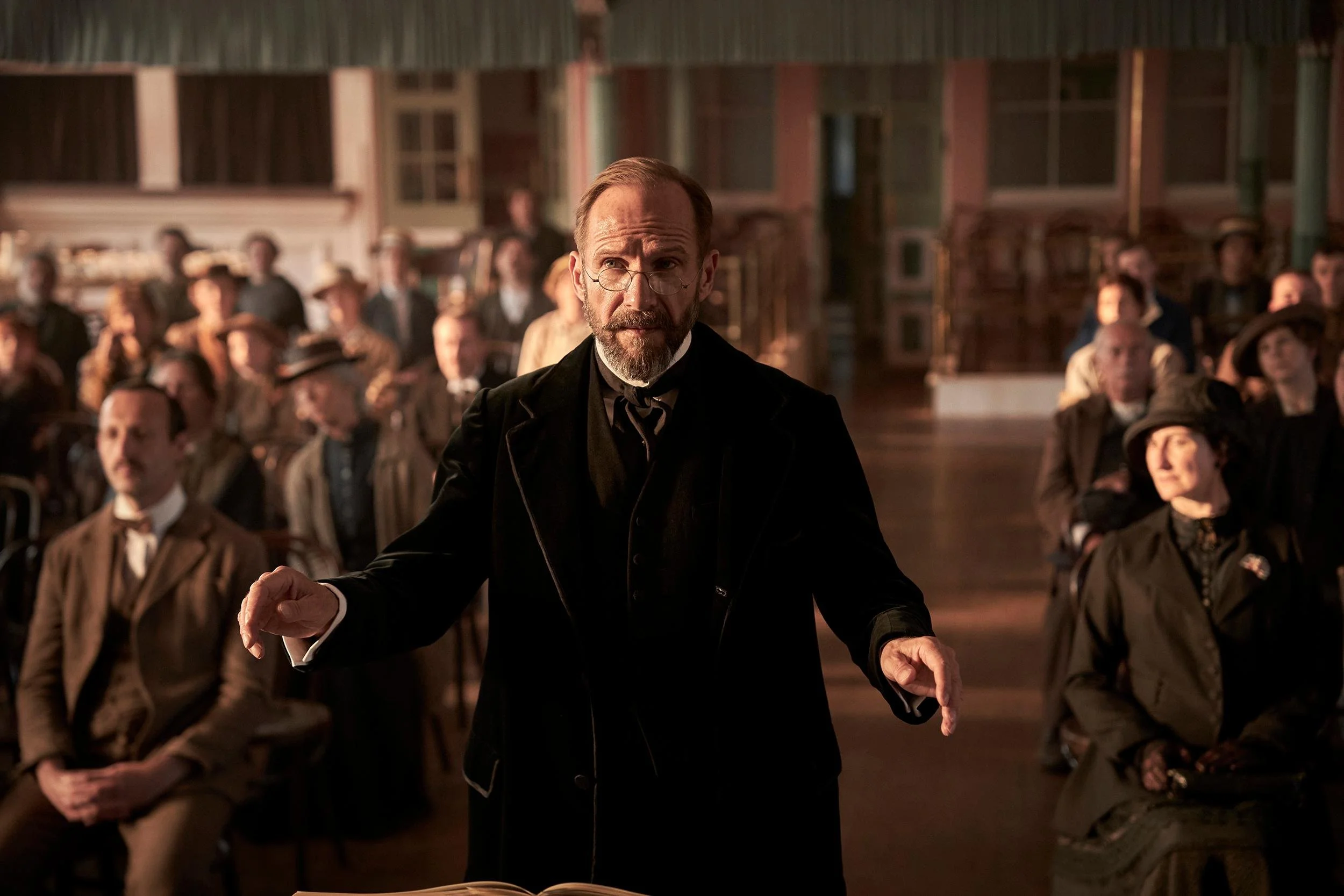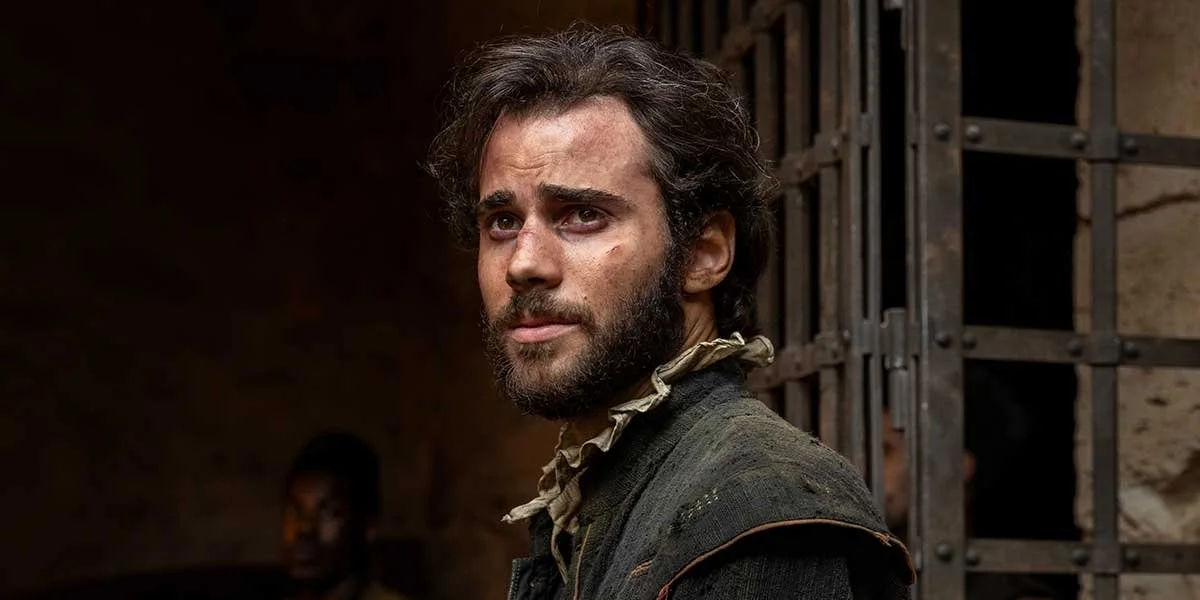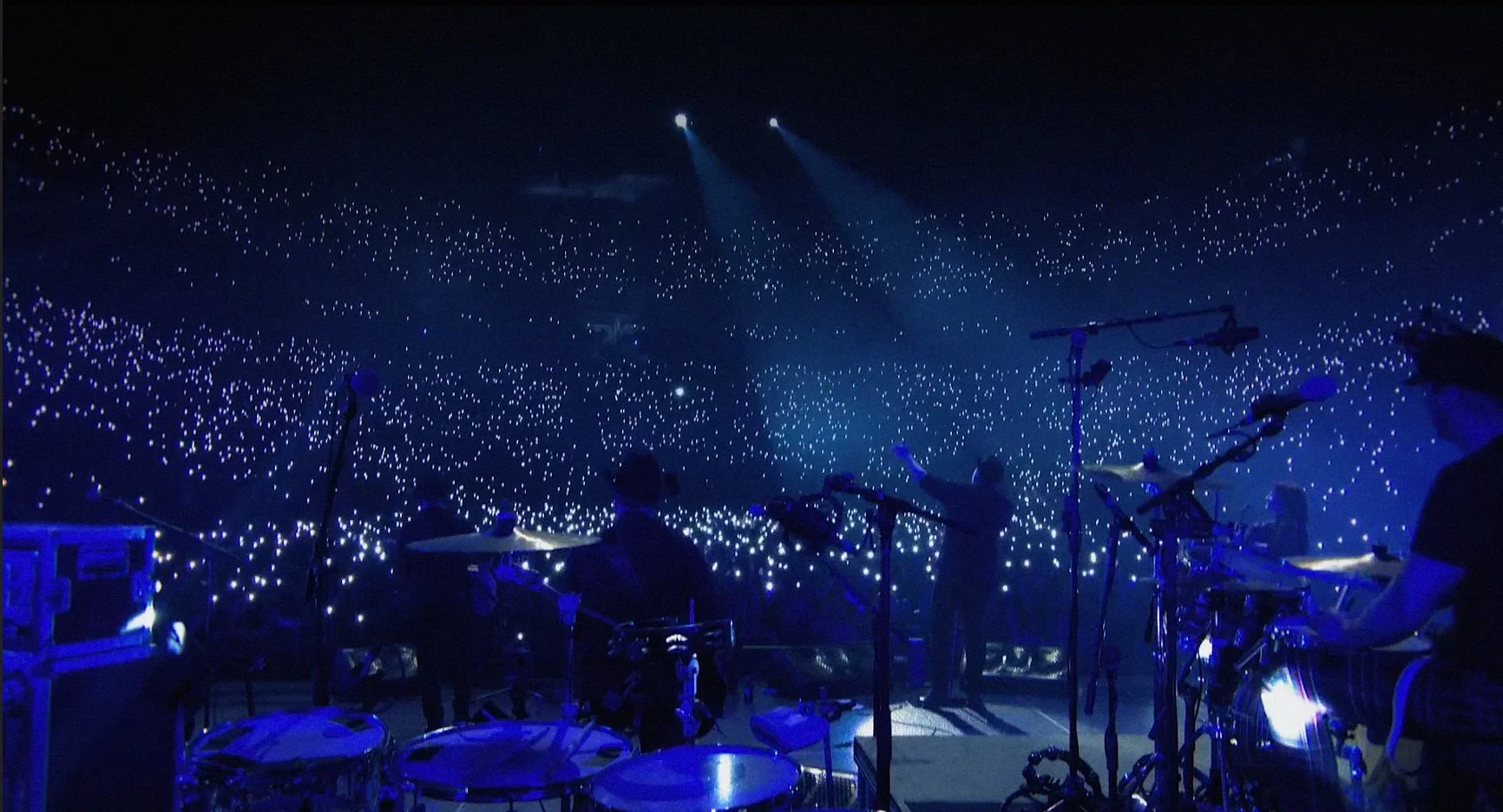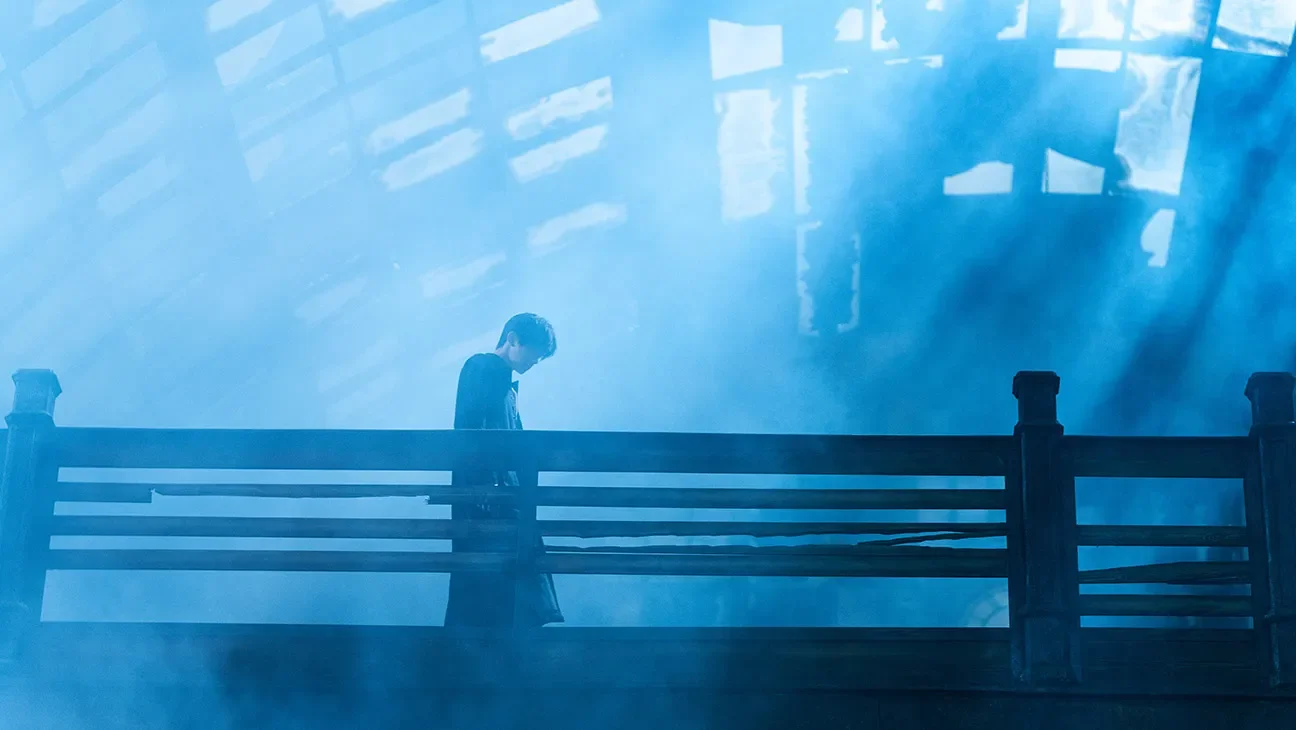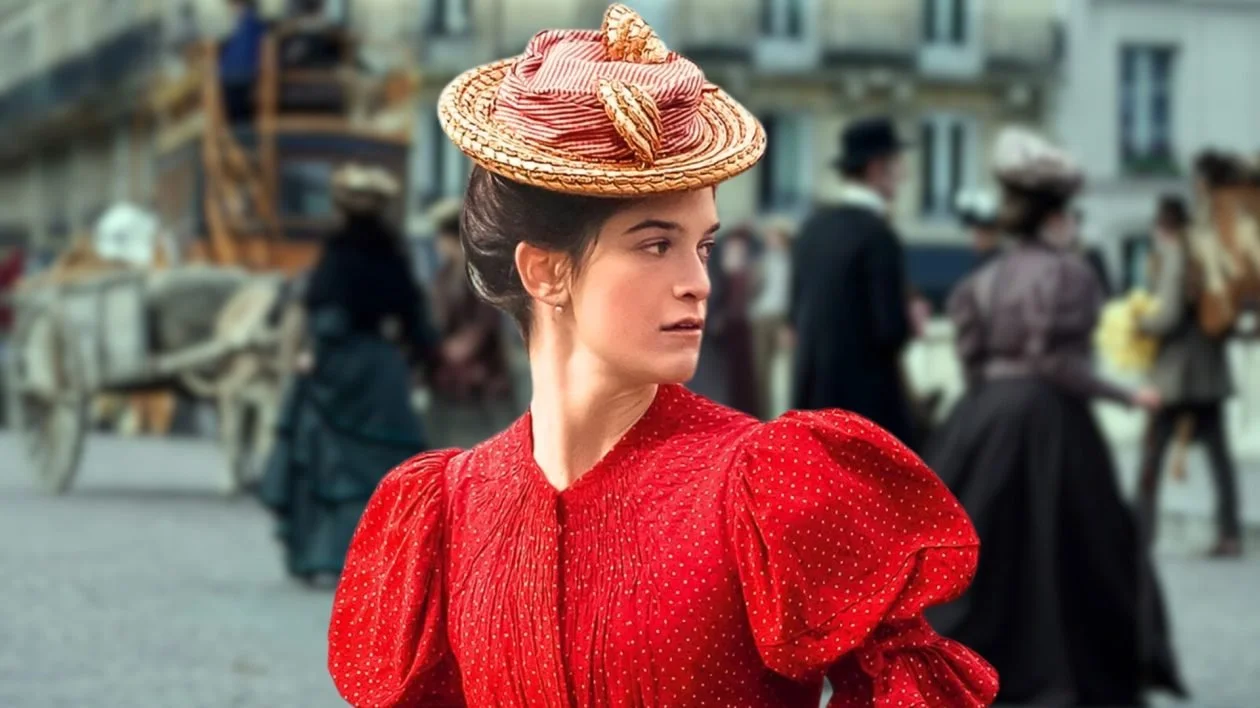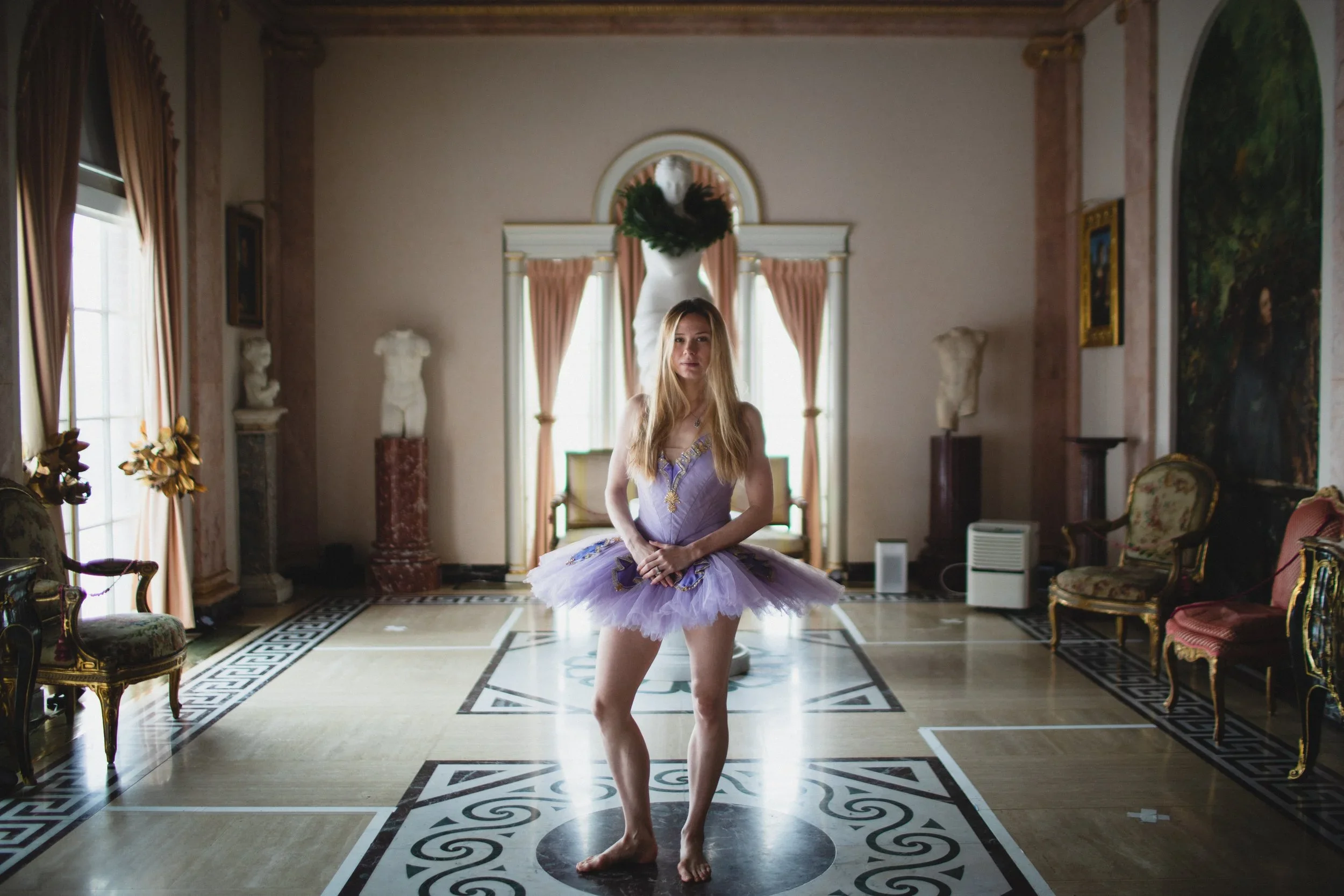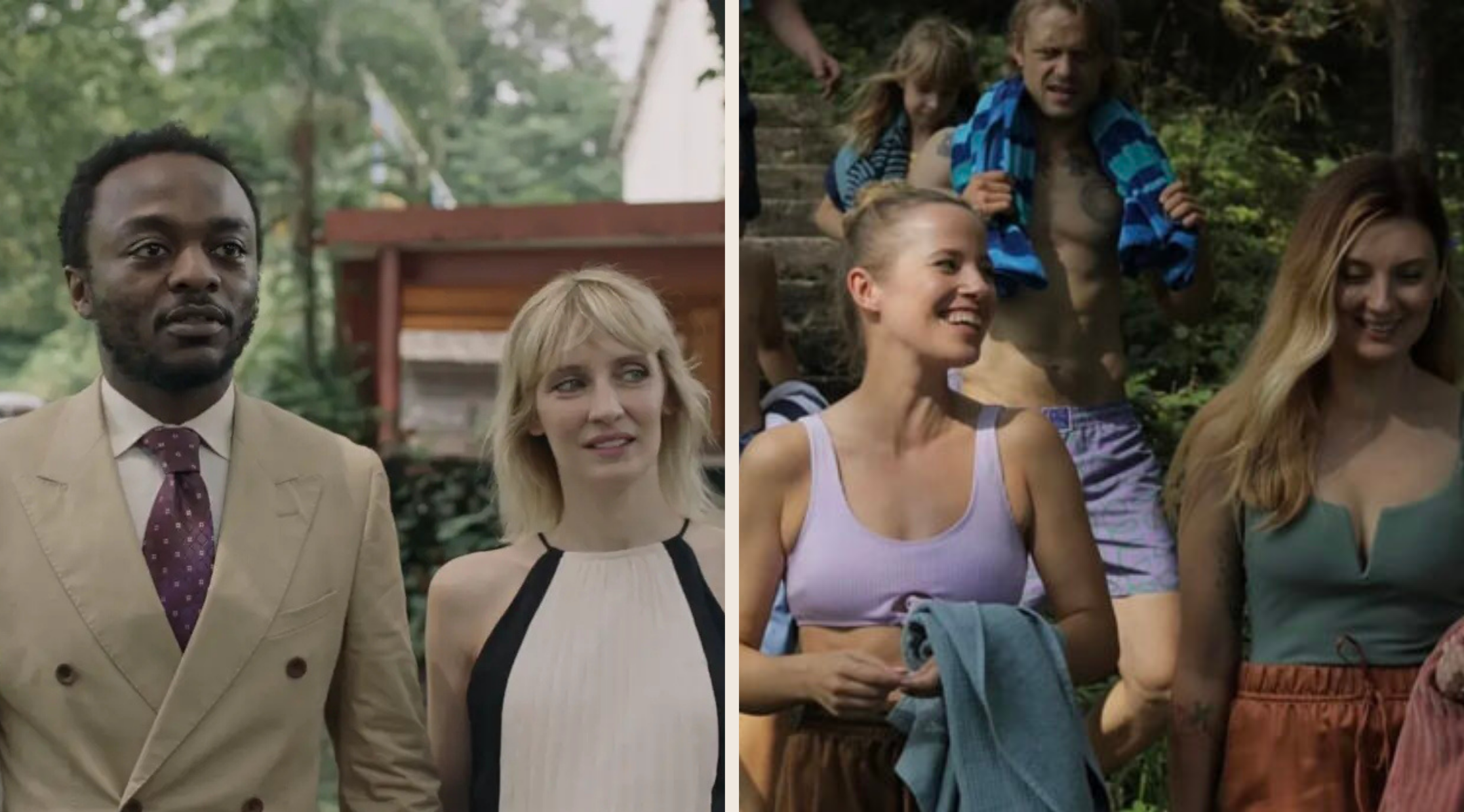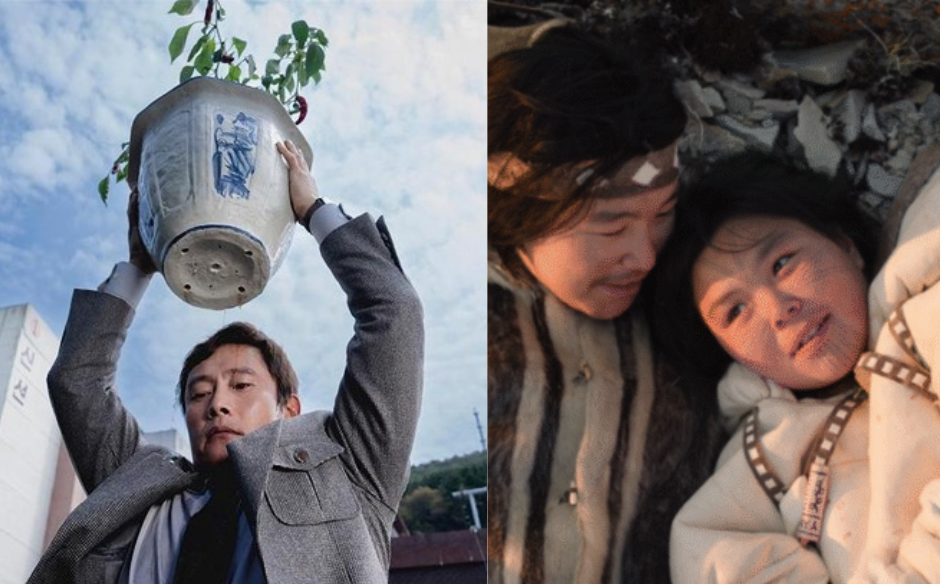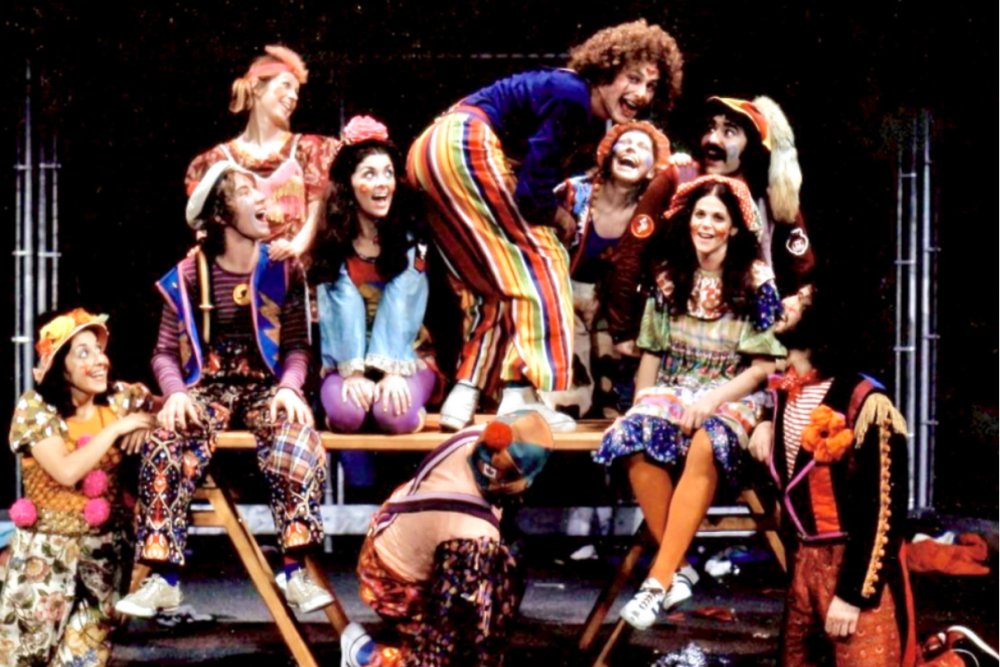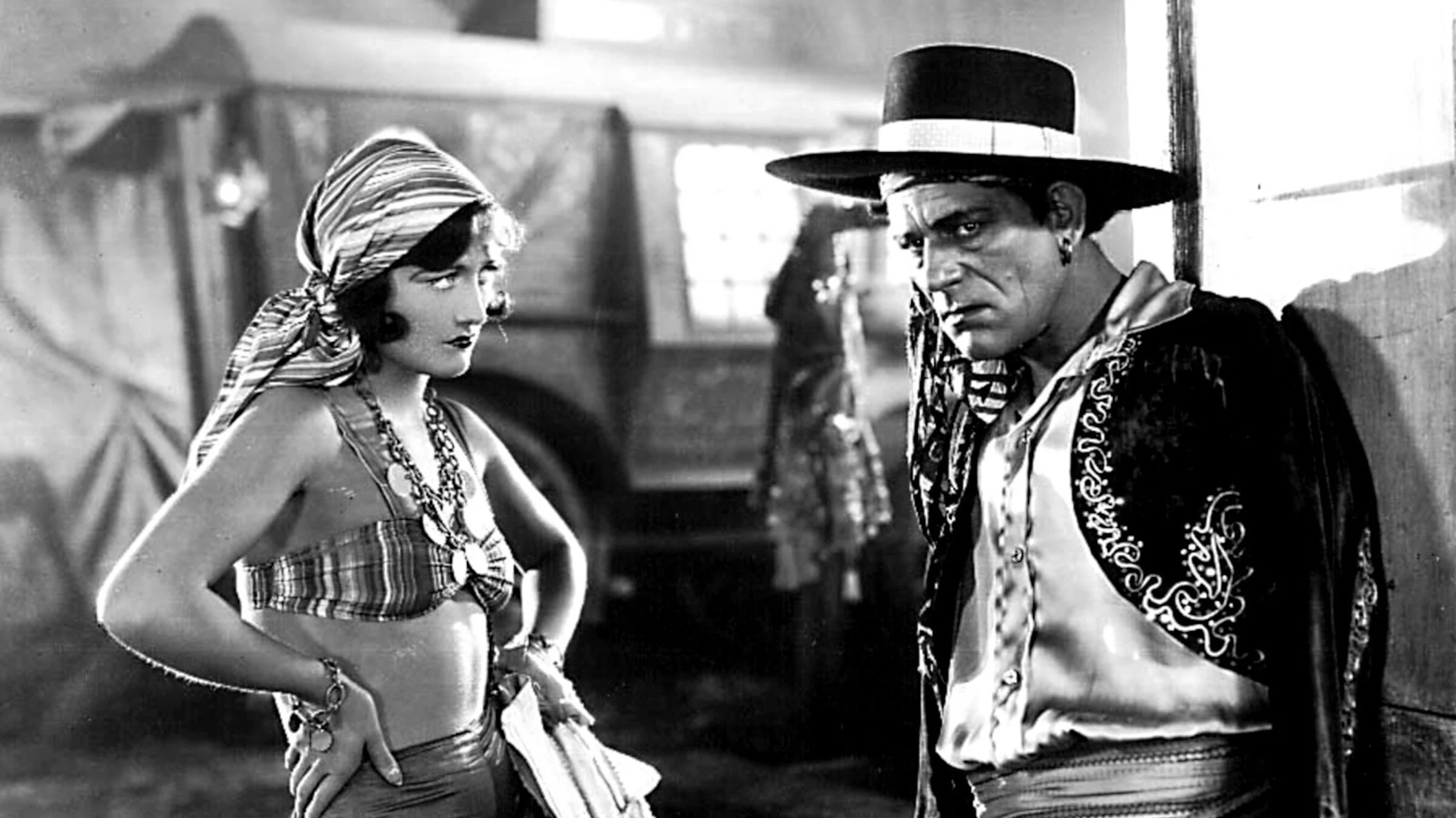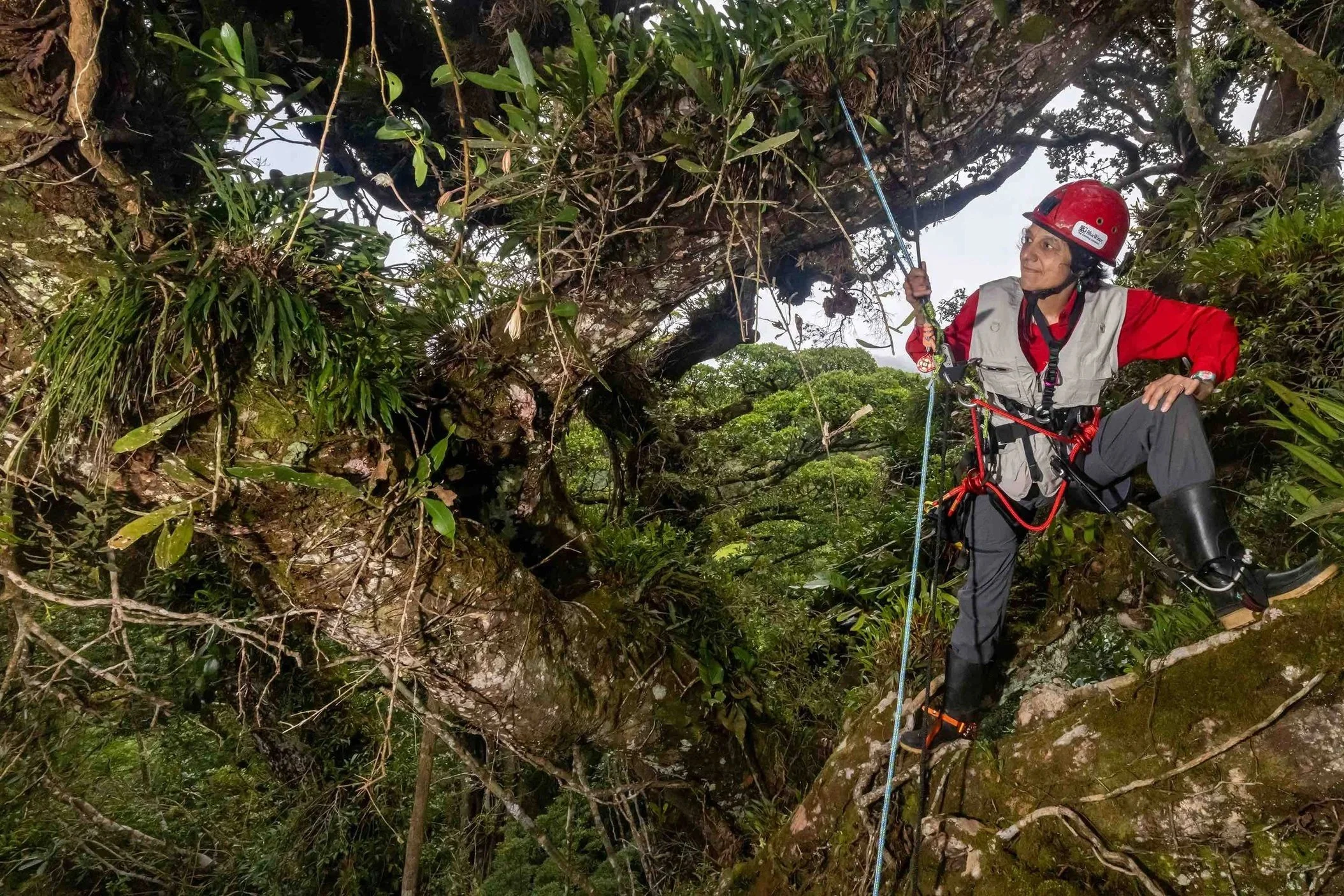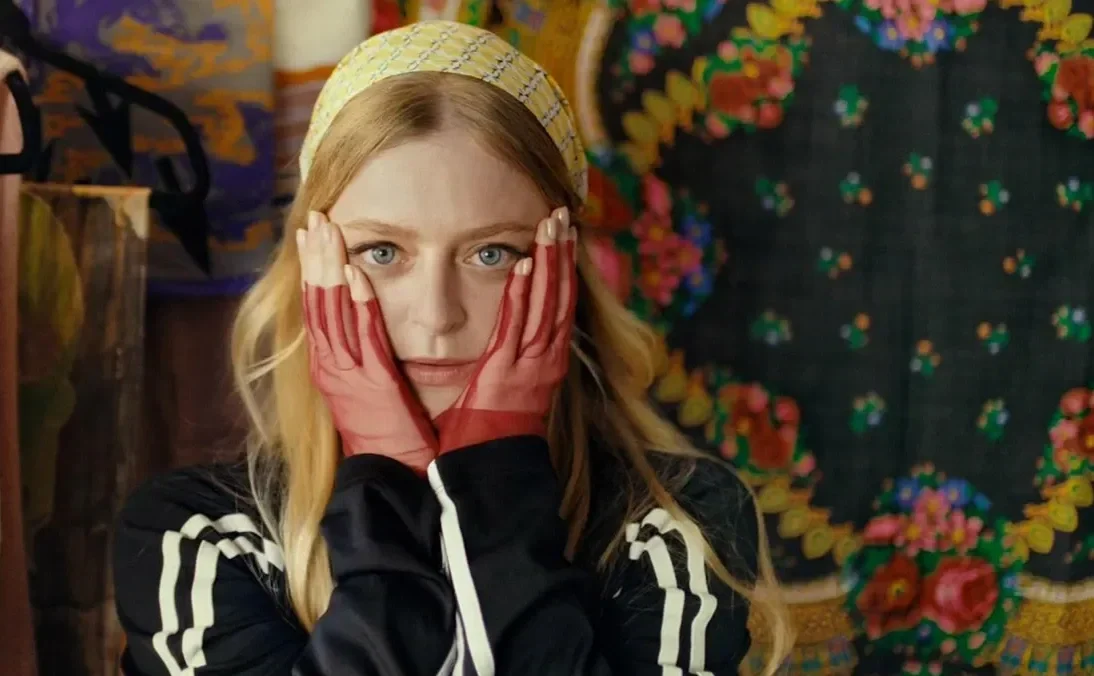Filmmaker Justin Ducharme invites the public in on research for his new film, Seventeen, about queer, urban Indigenous trio
Events at Libby Leshgold Gallery at Emily Carr University of Art + Design feature everything from a live reading to Real Housewives viewing party
Justin Ducharme is part of a new residency at Emily Carr University called Research As…, which makes the creative research process more visible and accessible.
Seventeen, A LIVE Table Read takes place on March 7 at 6:30 pm, and Reality TV as Research… Real Housewives Watch Party with Chandra Melting Tallow takes place on March 27 at 6:30 pm, both at the Libby Leshgold Gallery at Emily Carr University of Art + Design.
INDEPENDENT FILMMAKER JUSTIN Ducharme is pulling back the curtain and inviting the public to participate in the creative process for his upcoming debut feature film, Seventeen, in a series of events in collaboration with the Libby Leshgold Gallery at Emily Carr University of Art + Design.
The queer Métis writer and filmmaker was a fellow in the Sundance Film Festival’s 2022 Native Film Lab for his television pilot “Positions”, adapted from his short film of the same name. Now, Ducharme is writing his first full-length, a story that follows three Urban Indigenous people over the course of 17 hours as they navigate forms of colonial and familial displacement.
“Seventeen is a drama that tries to shed light on chosen family structures within queer Indigenous communities, especially urban communities, and how the power of chosen family is so essential to our survival as young Urban Native queers,” Ducharme says in a phone interview with Stir. “It's a love letter to those people, to those relationships, and also to Vancouver.”
Ducharme’s films draw upon his own experiences as a queer Indigenous man navigating the sex-work industry, as well as the lived experiences of his community.
“I have experience engaging in survival-based full-service sex work to supplement my income living in a city like Vancouver,” Ducharme says. “I would write quite a bit when I was working with clients, as a lot of the job ended up becoming very menial. So I had time to think, and I remember when I started working at the Queer Film Festival out here in Vancouver and met Amber Dawn, who is a fierce mentor, friend, and supporter of mine, as well as an amazing writer who has written from her own lived experience as a sex worker.
“I remember we were talking one day about the representation of sex work within the media, specifically film, and how those stories inform the way people think about us, and where we've been, and our stories,” he continues. “I wanted to make something that felt like a movie that I would watch, that felt inherently cinematic, but was at the same time attempting to humanize the experience that I lived. ‘Positions’, my 2018 short film, came from that. It was all of these writings that I had about experiences with clients in Vancouver that I sewed together into this portrait of a day in the life of a young Indigenous hustler.”
Ducharme says that by striving to create better forms of representation for sex workers within the media, he was able to channel his own life experiences into a form of artistic empowerment.
“‘Positions’ was a pivotal moment in my career where I realized that I didn't have to feel shame about where I had been or what I had done to survive,” Ducharme says, “and that, in fact, there are ways in which I could talk about my experiences that decreased that stigma and shame that I felt was placed on me by harmful media portrayals and dehumanizing portraits of people who engaged in sex work.”
Early in the writing process for Seventeen, Ducharme hosted a consultation process with a community of sex workers in the Downtown Eastside through PACE Society, a peer-driven organization that offers support for sex workers.
“It was always very important for me from day one, because I knew that by approaching something from a very personal point of view that there was room for me to get it wrong,” Ducharme says. “There were spaces where my experience didn't cover what I was writing about and I was touching on territory that was maybe not necessarily mine to speak about. So I was really interested in hearing from folks with those lived experiences.
“Many things that make up the narrative are very real and very personal,” he adds. “I think that the mediums of film and writing are very subjective, and people come to things with their own experiences, their own biases, everything. Because I was coming from such a personal lens at the beginning, I feel like I was afraid of letting people think for themselves.”
Ducharme has continued to expand this consultation process through a new residency at Emily Carr University called Research As…, which makes the creative research process more visible and accessible.
“In the last two years, and especially in this residency that I'm doing at Emily Carr, I’m trying to break open that feeling,” Ducharme says. “Trying to let those boundaries down and let people come to the story, and find it however they may need or however comes up for them. I think that as a young filmmaker who was making work that was semi-autobiographical, I felt this need to really spoon-feed my audience.”
Ducharme is using his residency at Emily Carr to open his research process for the film to the public, which includes a series of events at the Libby Leshgold Gallery that continue through March. They include a live table read (March 7) and a Real Housewives watch party (March 27) at the Libby Leshgold Gallery. By inviting the public to participate, he hopes to expand accessibility to his creative process and how his film is understood.
“So this idea of making it public breaks down the barrier of who can engage with the work in this at this stage, and allows for a much different perspective—perspective that wasn't important to me earlier on when the story was being written,” Ducharme says. “But now as I approach potentially making this and releasing it, I am interested in the general film lover’s opinion on things.”
Ducharme says that these events are structured around his personal writing practice, including how he has found insight in surprising places.
“During the pandemic, I started watching The Real Housewives. Two of the characters in Seventeen are these two indigenous women who have a really intense and meaningful friendship, and a lot of the conflict and the chaos in the film revolves around the two of them,” Ducharme says. “I just loved watching all of these different women on screen sort of word-vomiting and speaking their minds, and I found that watching reality TV helped me write dialogue better, because it's the only example of media that we have where conversations are happening in real time without being directed—it's unscripted, so you really get an idea of how people speak to one another, and how conversations flow.
“There are so many avenues that I wanted to approach showcasing this research, and I felt this format would be the most fun, and also the most accessible, so that I can talk about how it has informed this project more specifically,” he adds.
By taking a unique approach to the film-writing process, Ducharme hopes to set a standard for consultation with the communities filmmakers wish to represent, as well as inspiring his participants to approach their own creative practice with an open mind, and to not be afraid to restructure the traditional creative production process.
“I think that the idea of making my research public is probably a little bit of a new thing, and I hope that people understand that creativity, art, the research behind it, behind the work that you make as an artist, it can look however you want it to look,” Ducharme concludes. “Anything can be supplemental research for what you're working on.” ![]()


